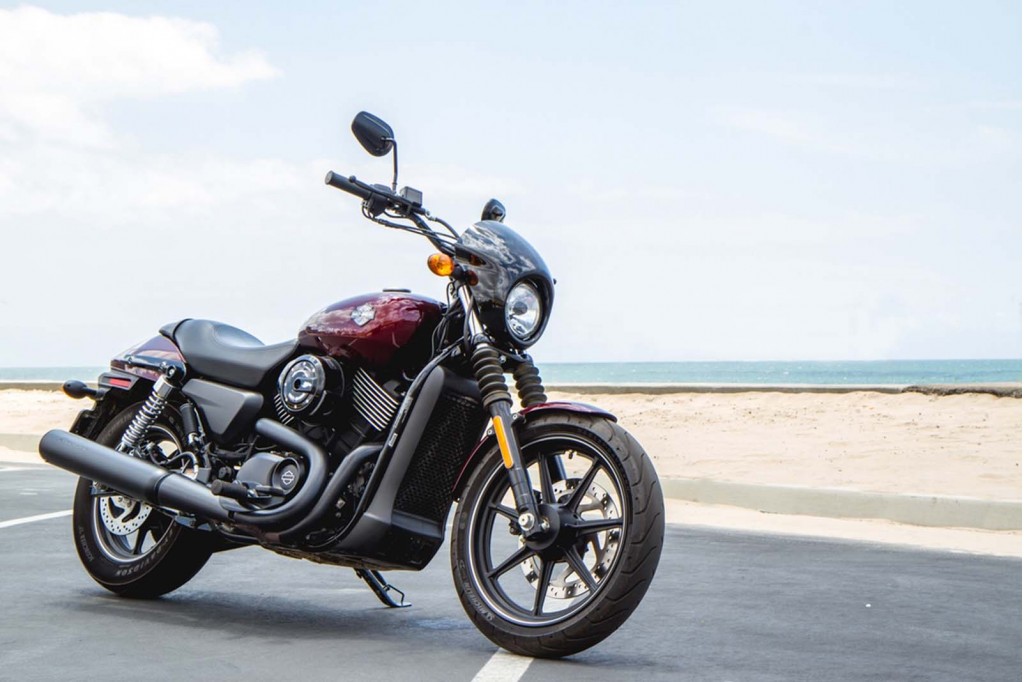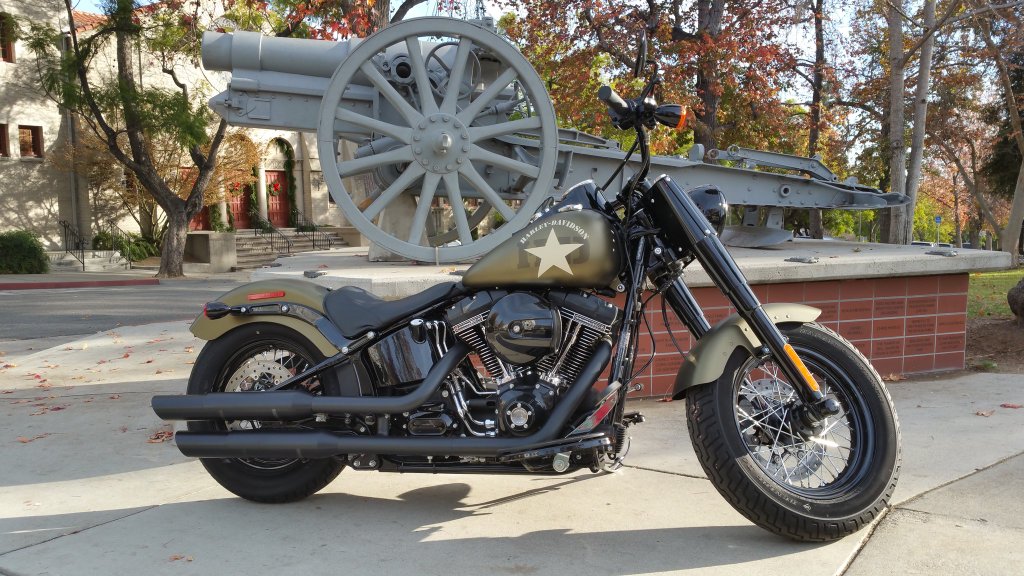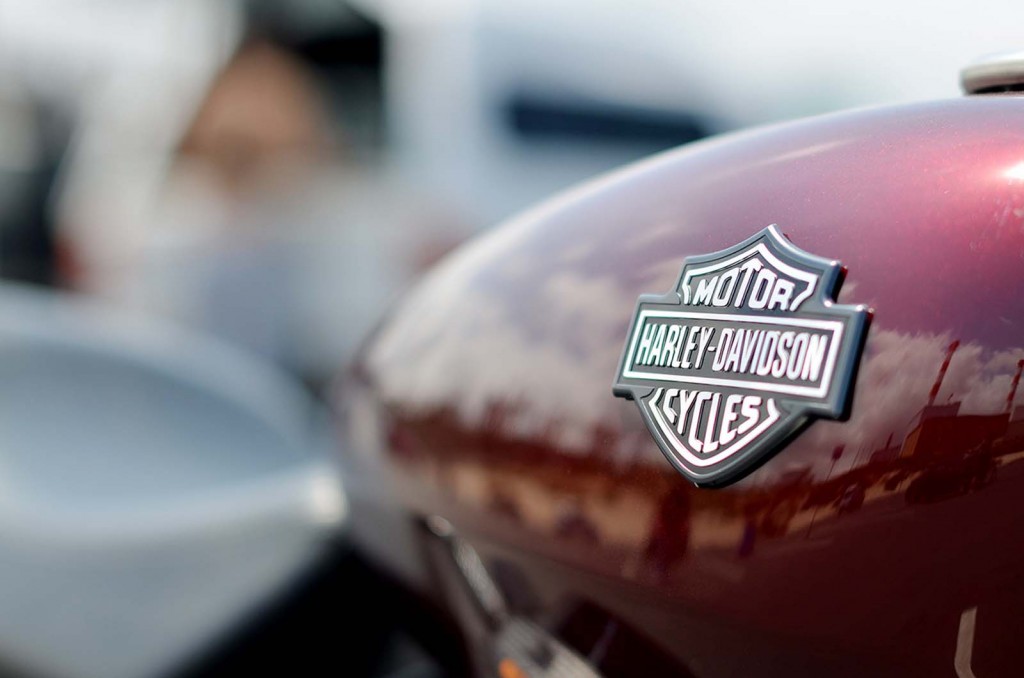Like cars, new motorcycles leave the factory with emissions-control equipment that radically reduce the volume of various pollutants released through their exhaust.
Those emission-control systems are only effective if they remain unmolested.
However, a subset of both car and motorcycle owners sometimes interfere with that equipment when modifying their vehicles—usually to boost performance, or to simply create a louder exhaust noise.
DON'T MISS: Harley-Davidson actually sold emission defeat devices itself; will pay $12 million fine
That's much more likely to happen with motorcycles than cars, one advocacy group suggests.
In a PowerPoint presentation geared toward law enforcement and elected officials, the Quiet Conservancy makes the argument that modified motorcycle exhaust systems are a pervasive problem.
It claims that is particularly true of owners of the most popular U.S. motorcycle brand, Harley-Davidson.

Harley-Davidson Street 750 by Alvin Dharmawan
"Multiple sources of anecdotal data indicate that 60 to 80 percent of Harley-Davidson-style motorcycle exhausts are illegally modified by their owners," the group claims.
That includes "removal of emission-control systems," the group notes.
As further evidence, Quiet Conservancy cites multiple online listings for aftermarket Harley exhaust systems that eliminate emissions controls.
ALSO SEE: Car modifiers find EPA emission rules a useful whipping boy, politically
Many of these systems are theoretically marketed for competition use only, on motorcycles that will not be used on public roads.
But that distinction isn't always made clear upfront to customers, and at any rate there is nothing stopping a motorcycle owner from installing a "competition-only" system on a bike that is used entirely on public roads.
Harley owners often modify their exhausts to increase noise.
2016 Harley-Davidson Softtail Slim S by Ed Tahaney
The rumble of a Harley V-Twin engine is a signature element of these types of bikes. Ken Schmidt, a former Harley executive, even describes it as the "Voice of God."
On a somewhat less dramatic note, riders almost universally insist that the noise is for their own safety, because it lets drivers know that a motorcycle is nearby.
MORE: Why motorcycles may not be greener than cars: missing emission gear
However, any modifications that tamper with emissions-control equipment remain entirely illegal for any bike used on the road.
Harley itself recently agreed to pay a $12 million fine for selling "super tuner" devices that were found to disable emissions controls.
Harley-Davidson Street 750 by Alvin Dharmawan 
The company also specifically cited noise as one characteristic of a new engine set to debut for the 2017 model year.
It's called the Milwaukee-Eight, signifying both Harley's hometown and the fact that it's only the eighth clean-sheet engine design in the company's history.
While the new engine is mechanically quieter than previous engines, Harley says it nonetheless produces just as much exhaust "rumble" as before.
_______________________________________________












